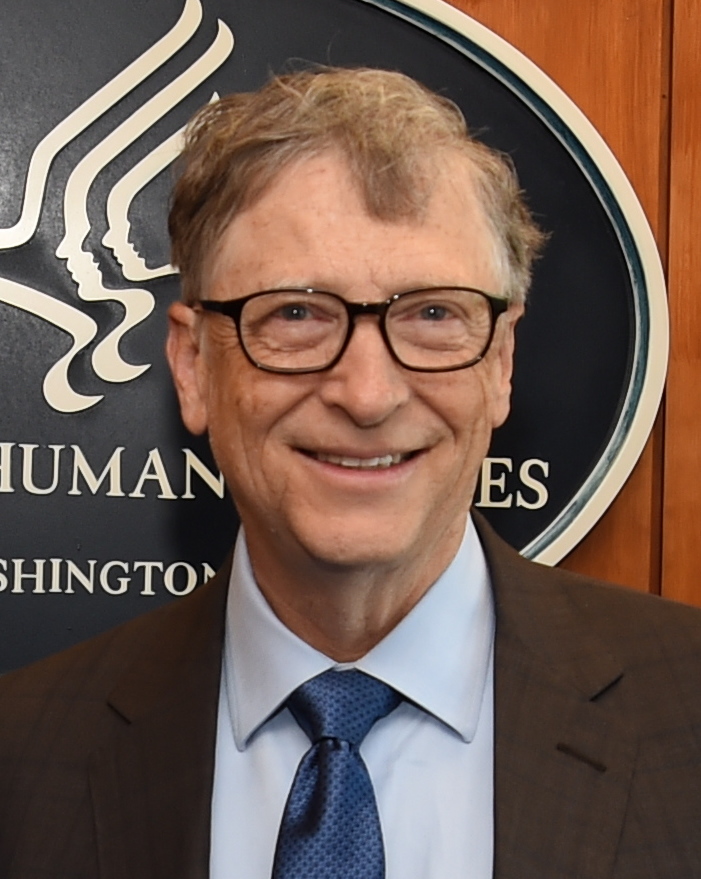Philanthropist billionaire Bill Gates has penned a letter addressing the AI explosion and his hopes for the technology going forward. Artificial intelligence has the potential to revolutionize the way we address some of the most pressing issues facing humanity today. Three areas where AI could have a particularly significant impact are education, economics, and healthcare. By leveraging the power of AI, we may be able to reduce or even eliminate some of the inequalities that currently exist in these fields.
One area where AI can have a major impact is education. One of the biggest challenges in education is ensuring that all students have access to high-quality learning materials and instruction. AI can help address this challenge by providing personalized learning experiences for each student. For example, AI-powered systems can analyze a student’s learning style and adapt the content and pace of instruction to best meet their needs. This can help students who may be struggling to keep up with their peers, and also challenge those who are ready to move ahead.
In addition to improving access to education, AI can also help address economic inequalities. One way it can do this is by helping to identify areas where job growth is likely to occur. By analyzing trends and patterns in job markets, AI can help individuals and organizations make more informed decisions about career paths and investments. This can help people in disadvantaged communities find better job opportunities and build more prosperous futures.
Finally, AI can also help address healthcare inequalities. One of the biggest challenges in healthcare is ensuring that everyone has access to quality care, regardless of their location or income level. AI can help address this challenge by providing remote monitoring and diagnostic tools that can help people receive care from anywhere. Additionally, AI-powered systems can analyze medical data to identify patterns and predict health outcomes, which can help doctors and public health officials make more informed decisions about how to allocate resources and prevent disease outbreaks.





